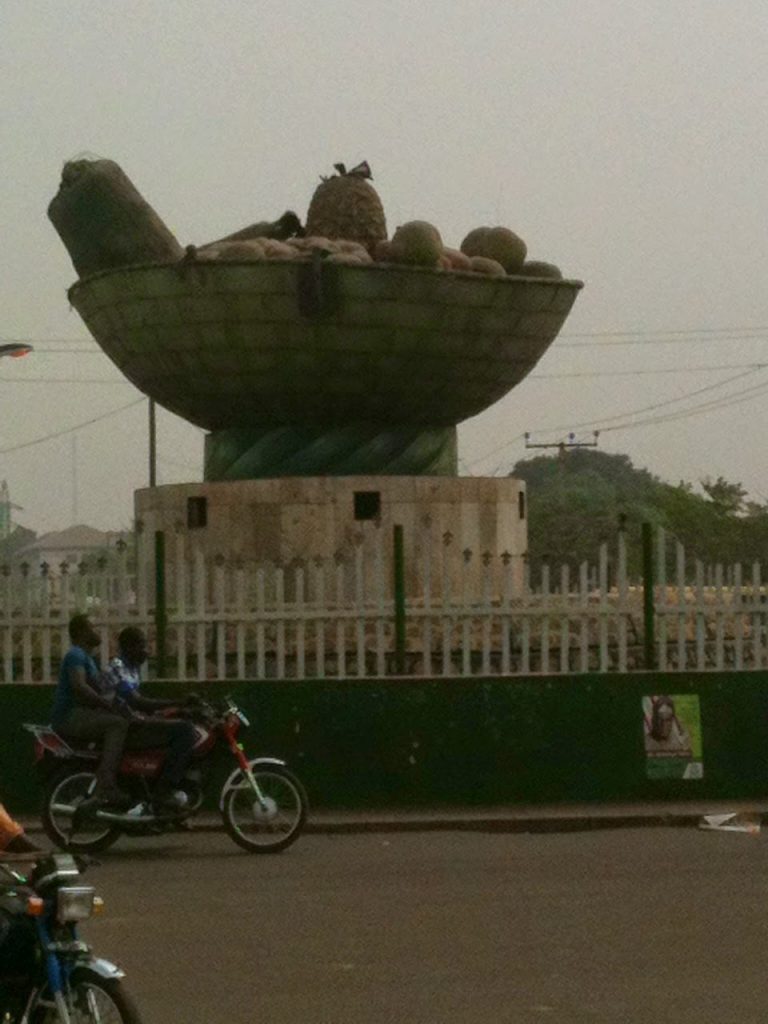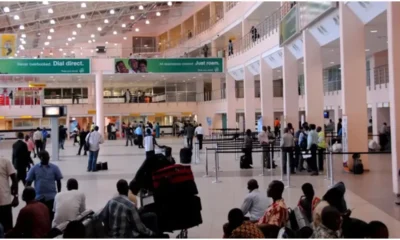Benue news
Interrogating the legality of the increasing calls for self-defence in Nigeria

Black’s Law Dictionary, edited by Bryan Garner, defines Self-defence as the use of force to protect oneself, one’s family or one’s property from real or threatened attack.
Just as the right to life is globally accepted as fundamental, the right to self-preservation is a law of nature.
Self-preservation, of which self-defence is a natural component, is a concept that is an intrinsic part of not just humanity but even animals; and nations of the world recognise this.
Thomas Hobbes, the seventeenth century thinker and one of the founding fathers of modern political philosophy, in his work, The Leviathan, argues that subjects can retain their natural right to self-preservation, and that this right is inalienable, and cannot be transferred to the sovereign, no matter the circumstance.
Though Hobbes remains one of the loudest proponents of the argument that the well-being of a commonwealth depends upon the absolute authority of the sovereign, he postulates that the individual’s right to self-preservation cannot be deprived by any circumstance.
It is against this background that the increasing calls for self-defence in Nigeria, given the seemingly intractable level of insecurity in the country, can be fully understood and appreciated.
In the height of the insecurity challenge in two thousand and eighteen, an elder statesman and former Minister of Defence, retired Lieutenant General Theophilus Danjuma, had called on Nigerians to defend themselves against killers.
Though some people did not feel comfortable with General Danjuma’s call, many other prominent Nigerians including very experienced legal practitioners did not hesitate to defend his position.
For instance, in a publication of The Cable on April four, two thousand and eighteen, a Senior Advocate of Nigeria and constitutional lawyer, Ben Nwabueze pointed out that General Danjuma’s call was fully backed by the Nigerian Constitution which guarantees self-defence.
Section Thirty-Three of the Constitution, Sub-sections One and Two guarantees all citizens of the country the right to life which cannot be taken arbitrarily by anyone.
The Criminal Code provides in Section Thirty-Two, Sub-section Three that a person is not criminally responsible for an act or omission if he does or omits to do the act when the act is reasonably necessary in order to resist actual and unlawful violence threatened to him or to another person in his presence.
It further provides in Section Two Hundred and Eighty-Six that when a person is unlawfully assaulted without provocation, it is lawful for him to use such force on the assailant as is reasonably necessary to defend himself.
Sections Fifty-Nine, Sixty and Sixty Five of the Penal Code also have similar provisions expressly legitimising self-defence subject to a few restrictions.
Self-defence is therefore fully covered by the Laws of the Land.
However, it must be emphasised that self-defence is different from self-help which is illegal.
Since two thousand and eighteen when General Danjuma called on Nigerians to defend themselves due to insecurity and killings across the country, the situation has worsened, forcing more leaders to re-echo that call today.
One of them is the Governor of Benue State, Samuel Ortom who has of late been encouraging his people to defend themselves against attacks, using all legally acceptable means at their disposal.
The leaders making these calls have obviously been pushed to the wall since all efforts put in place to check these acts of insecurity appear to need additional backings.
The establishment of regional security outfits, such as Amotekun in the South West, are bold statements on the growing shift in the people’s mindset towards self-defence.
The insecurity situation in the country has become a hydra-headed monster blowing deadly fire and poison through insurgency, banditry, herdsmen attacks, kidnapping and burning of public structures among others.
The Nation’s security agencies must be given credit for the level of gallantry they have been able to demonstrate thus far within the limits of their capacity and resources, against these invidious forces of annihilation.
Today, the killing fields have been expanded, the attackers have acquired more boldness and the Land is pulsating with palpable fear as citizens do not know or who what would be the next victim.
As welcoming as the call for self-defence is, applying it under the Nigerian scenario poses some obvious challenges especially in the area of the provision of the law that proportionate force should be applied.
The Nigerian Fire Arms Act of Nineteen Ninety clearly spells out the guns that are licensed and those that are prohibited from being owned by individuals.
Even then, there were reports in May two thousand and nineteen that all private individuals’ licence for firearms or shotguns in the country had been revoked and those in possession were to surrender them.
Whether this order was actually implemented or not is not very clear.
However, how can one use proportionate force to defend oneself against these merchants of death who are strutting about with sophisticated weapons such as AK-Forty-Seven which cannot be licensed for individuals to own?
Even if they were licensable, how many ordinary citizens can afford to buy any of these sophisticated guns which are very expensive and way beyond majority of the citizens?
While the call for self-defence can been taken literally, it should also be seen as a last resort, a cry of defiance from the victims against all the forces that have obviously conspired to perpetrate and perpetuate the orgies of killings going on, especially in Benue State.
The call for self-defence in the face of unprovoked attacks should be seen as a rallying cry for the people to eschew their differences and unite to legally protect themselves from annihilation.
The call for self-defence by a helpless people should be seen as an invitation to everyone to be more circumspect of all actions and utterances and become more security conscious and interpret early warning signs to ward off possible attacks.
The call for self-defence should be seen as a call on everyone to take responsibility for the safety of the community and to sustain collaboration with security agencies to serve them better.
Above all, the call for self-defence should be seen as a wake-up call to our leaders who control the security architecture, and the security agencies that the country must not be allowed to drift into the Hobbesian State characterised by the “war of every man against every man”, where life is “solitary, poor, nasty, brutish and short”.
By Igba Ogbole

























